Uncover the Hidden Health Benefits Introduction Raisins are a popular snack choice for people seeking a healthy treat to satisfy their sweet tooth. However, as consumers become more conscious of the impact of their food choices on their health and the environment, the debate between organic raisins and regular ones has gained momentum. In this article, we will delve into the key differences between organic and regular raisins, exploring the benefits and drawbacks of each. Organic Raisins: Superior Quality and Nutritional Profile Organic raisins are cultivated without the use of synthetic pesticides, chemical fertilizers, or genetically modified organisms (GMOs). This farming method prioritizes the use of sustainable practices that promote soil health and biodiversity, ensuring the raisins are free from harmful substances. As a result, organic raisins contain a higher concentration of vitamins, minerals, and antioxidants compared to regular ones.
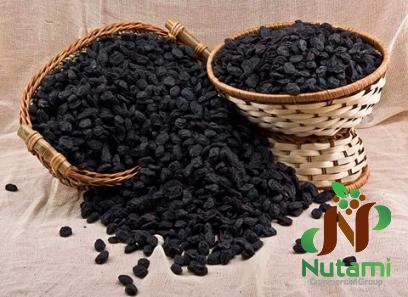
.
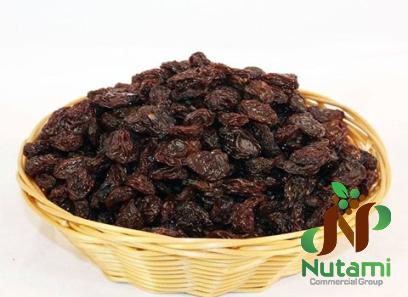 Regular Raisins: Convenience and Affordability Conventional farming methods employed in the production of regular raisins may involve the use of synthetic pesticides, fertilizers, and potentially GMOs. While these practices have their drawbacks, they allow for larger yields, longer shelf life, and lower production costs. Consequently, regular raisins are often more affordable and widely available in supermarkets and stores. Health Considerations: Pesticides and Chemical Residues One of the primary concerns regarding regular raisins is the potential presence of pesticide residues. Numerous studies have linked exposure to synthetic pesticides with various health issues, including hormonal disruption and adverse developmental effects. Organic raisins provide a safer alternative, as they contain considerably lower levels of pesticide residues, if any at all.
Regular Raisins: Convenience and Affordability Conventional farming methods employed in the production of regular raisins may involve the use of synthetic pesticides, fertilizers, and potentially GMOs. While these practices have their drawbacks, they allow for larger yields, longer shelf life, and lower production costs. Consequently, regular raisins are often more affordable and widely available in supermarkets and stores. Health Considerations: Pesticides and Chemical Residues One of the primary concerns regarding regular raisins is the potential presence of pesticide residues. Numerous studies have linked exposure to synthetic pesticides with various health issues, including hormonal disruption and adverse developmental effects. Organic raisins provide a safer alternative, as they contain considerably lower levels of pesticide residues, if any at all.
..
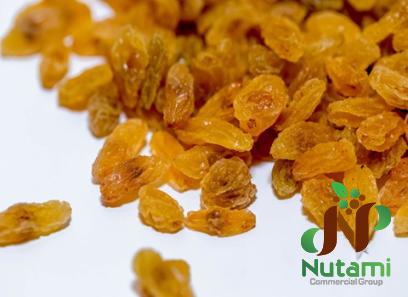 Environmental Impact: Sustainable Agriculture Choosing organic raisins supports sustainable agricultural practices that prioritize soil conservation, water management, and biodiversity. These practices help preserve and improve the long-term health of ecosystems, preventing soil erosion and minimizing water pollution. Furthermore, organic farming contributes to reducing greenhouse gas emissions, making it a more environmentally-friendly choice. GMOs: A Controversy Surrounding Regular Raisins Regular raisins may be produced from genetically modified grape varieties, which have been engineered to withstand pests, diseases, and environmental pressures. However, concerns surrounding GMOs exist, primarily due to uncertainties regarding their long-term health and environmental impacts. By opting for organic raisins, consumers can avoid GMOs altogether, thereby making a more informed and conscious choice.
Environmental Impact: Sustainable Agriculture Choosing organic raisins supports sustainable agricultural practices that prioritize soil conservation, water management, and biodiversity. These practices help preserve and improve the long-term health of ecosystems, preventing soil erosion and minimizing water pollution. Furthermore, organic farming contributes to reducing greenhouse gas emissions, making it a more environmentally-friendly choice. GMOs: A Controversy Surrounding Regular Raisins Regular raisins may be produced from genetically modified grape varieties, which have been engineered to withstand pests, diseases, and environmental pressures. However, concerns surrounding GMOs exist, primarily due to uncertainties regarding their long-term health and environmental impacts. By opting for organic raisins, consumers can avoid GMOs altogether, thereby making a more informed and conscious choice.
…
 Taste and Texture: A Matter of Preference The taste and texture of raisins can vary based on factors such as grape variety, drying process, and moisture content. While some may argue that organic raisins offer a more robust and natural flavor, others find little discernible difference between organic and regular raisins. Ultimately, this aspect is subjective and depends on personal preference. Conclusion Organic raisins and regular raisins each have their distinct advantages and drawbacks. While organic raisins boast superior nutritional value and are produced using sustainable farming practices, regular raisins offer convenience and affordability. Nonetheless, the ongoing concerns surrounding pesticide residues and GMOs in regular raisins make the organic alternative a more appealing choice for health-conscious consumers. Ultimately, the decision between organic and regular raisins should be based on individual preferences, dietary needs, and the desire to support environmentally-friendly practices.
Taste and Texture: A Matter of Preference The taste and texture of raisins can vary based on factors such as grape variety, drying process, and moisture content. While some may argue that organic raisins offer a more robust and natural flavor, others find little discernible difference between organic and regular raisins. Ultimately, this aspect is subjective and depends on personal preference. Conclusion Organic raisins and regular raisins each have their distinct advantages and drawbacks. While organic raisins boast superior nutritional value and are produced using sustainable farming practices, regular raisins offer convenience and affordability. Nonetheless, the ongoing concerns surrounding pesticide residues and GMOs in regular raisins make the organic alternative a more appealing choice for health-conscious consumers. Ultimately, the decision between organic and regular raisins should be based on individual preferences, dietary needs, and the desire to support environmentally-friendly practices.

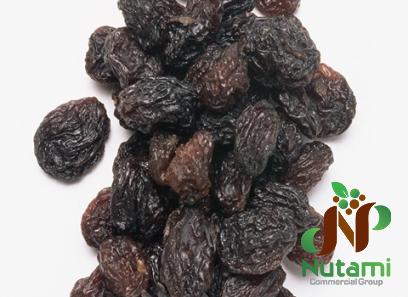






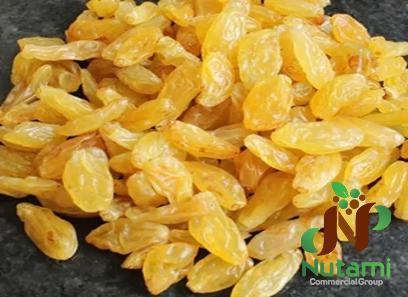
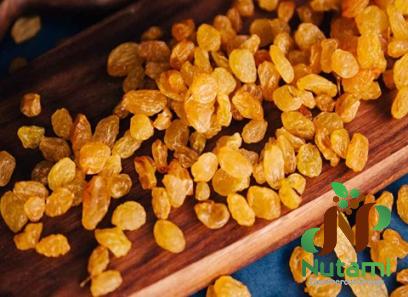

Your comment submitted.